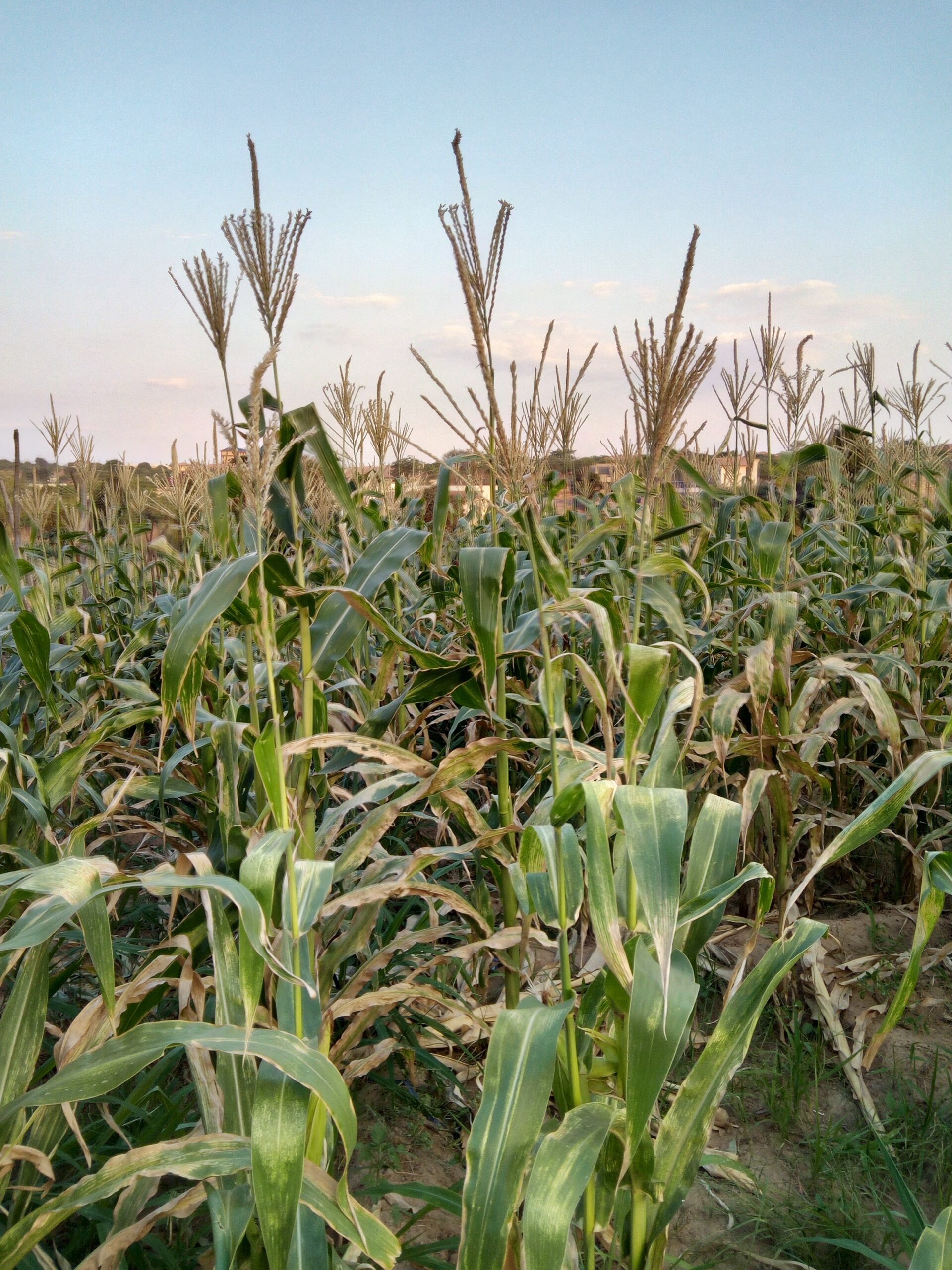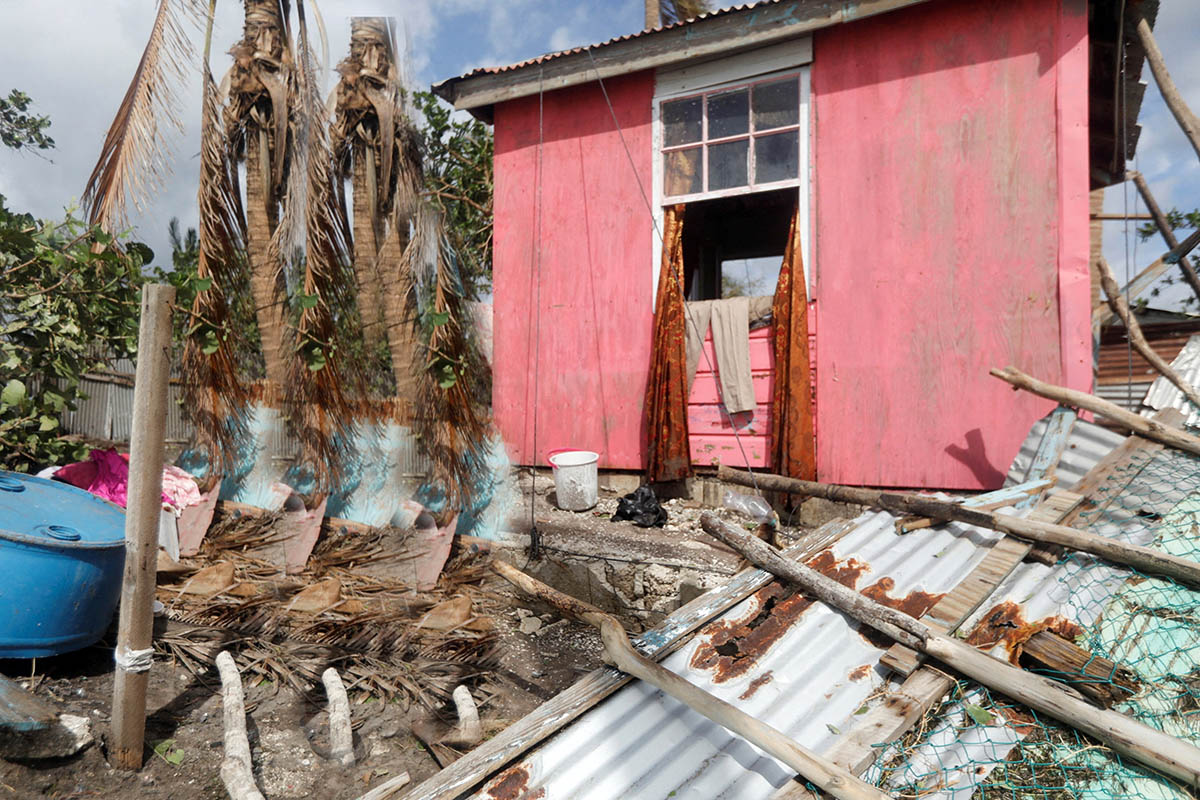“Agriculture needs climate information”
November 24 The adverse effects climate change and variability mean that agriculture needs existing support services, but Mzeziti Mwanza, 25, a Correspondent from Lusaka in Zambia, advocates for increased inclusion of other support services.
The adverse effects climate change and variability mean that agriculture needs existing support services, but Mzeziti Mwanza, 25, a Correspondent from Lusaka in Zambia, advocates for increased inclusion of other support services.
Developing countries have population of over 3.1 billion living in rural areas, with a quarter of those people living in extreme poverty. In Zambia, an estimated 58 per cent of the 15.5 million citizens are rural dwellers engaged in agriculture economic activities (CSO, 2016).
Several programs and agricultural extension services, through farmer input support programs, for instance, may have positive effect on food production; however, climate change is presenting new challenges that are and will continue to frustrate development efforts in increasing food production and fighting food insecurity. For example, a farmer who is able to accesses financial support in terms of credit or bank loans and other essentials of modern agriculture but is not able to make well informed decisions based on the impacts of climate change is likely to lose his or her investment.
More than 85 per cent of Zambians depend directly or indirectly on the agriculture sector for their income, while maize, the principle cash crop, assumes 65 per cent of all land used for agriculture purposes. White corn is the main ingredient in the starchy porridge, which serves as the main meal for millions of Zambians and is considered as the staple food.[i] However, climate change has proved to have serious effects on maize production arising from erratic weather including late rains at start of season, droughts, and floods due to heavy rains in many areas.
The impact is a direct negative effect on food production. As an illustration, late in 2016, several farmers awoke to the horror of fall army worm invasion that destroyed over 1,000,000 hectares of maize in ten provinces. This unexpected scourge took the farmer by surprise, and they were not adequately prepared or equipped to quickly curb the pest invasion. Though it has been disputed whether the fall army worm outbreak is associated with climate change, it is indisputable that warmer conditions and environmental degradation have increased the pernicious nature of the outbreak. [ii]
The impact of climate change on food security in Zambia calls for investment in providing climate and weather information services to small and medium scale farmers countrywide. One way to do this could be by providing free information services on weather and climate conditions as an agricultural extension service.
Climate information services could help farmers make better decisions in the short and long-term to adapt to changing growing conditions. Weather (days to weeks), climate variability (months to years) and climate change (decades or longer) information could provide the basis for the kind of information services to be provided.
Daily forecasts of observed rainfall and temperature, alerts on pests and diseases, dry spells, and rainy season start dates among other forms of climate and weather information could help farmers adapt to the effects of climate change and climate variability. The most effective and efficient methods of delivering information services to small and medium scale farmers could be through radio, television, and mobile phones.
Climate smart agricultural practices are a very important element in a more sustainable food system. Smart agricultural practices could only be successful if farmers are provided with information that is locally and specifically tailored to their needs, and preferably translated into several local languages. This will provide opportunities for millions of farmers in Zambia to transform their livelihoods through agricultural productivity.
Agricultural development is the most powerful tool to end poverty and hunger by 2030. This has profound implications for achieving the global targets for the action agenda of the global food system called for by the Sustainable Development Goals. According to a recent World Bank analysis, growth in the agricultural sector is two to four times more effective in raising incomes among the poorest compared to the other sectors. It further attested that 65 per cent of the poor working adults made a living through agriculture.
Despite years of progress that led Zambia to be characterised as a lower middle income country in 2011, its economic growth did not translate into commensurate development gain for the largest share of the population. Indeed, over 60 per cent of the poorest people are located in rural areas and are engaged in primarily subsistence agriculture. The challenge is to come up with development policies oriented to rural based agriculture practiced by the majority poor population for a real economic growth to happen in Zambia. In the words of Gunnar Myrdal (in Todaro, 2011), Nobel laureates in economics; ‘It is in agriculture sector that the battle for long-term economic development will be won or lost’.
Reach me on Twitter @crecencia04
Photo credit: Mzeziti Mwanza
References: Todaro and Smith (2011), Economic Development. 11th Edition.pg416.Pearson.
Central statistics Office (2016). 2015 (2015 Living Conditions Monitering Survey(LCMS) Report., November 2016) Living Conditions monitoring survey. (LCMS)report.pg2.
Myrdal (in Todaro and Smith, 2011), Economic Development.11th Edition.pg 416 .Pearson.
[1] http://www.brownpoliticalcalreview.org/2017/04/armyworms-attack-zambia-agriculture/
[1] Ibid
…………………………………………………………………………………………………………………
About me:: Environment, climate change and youth activist. I have a diverse personal interest in research on agriculture , water, climate change and sustainable development.
…………………………………………………………………………………………………………………
Opinions expressed in this article are those of the author and do not necessarily represent the views of the Commonwealth Youth Programme. Articles are published in a spirit of dialogue, respect and understanding. If you disagree, why not submit a response?
To learn more about becoming a Commonwealth Correspondent please visit: http://www.yourcommonwealth.org/submit-articles/
…………………………………………………………………………………………………………………




